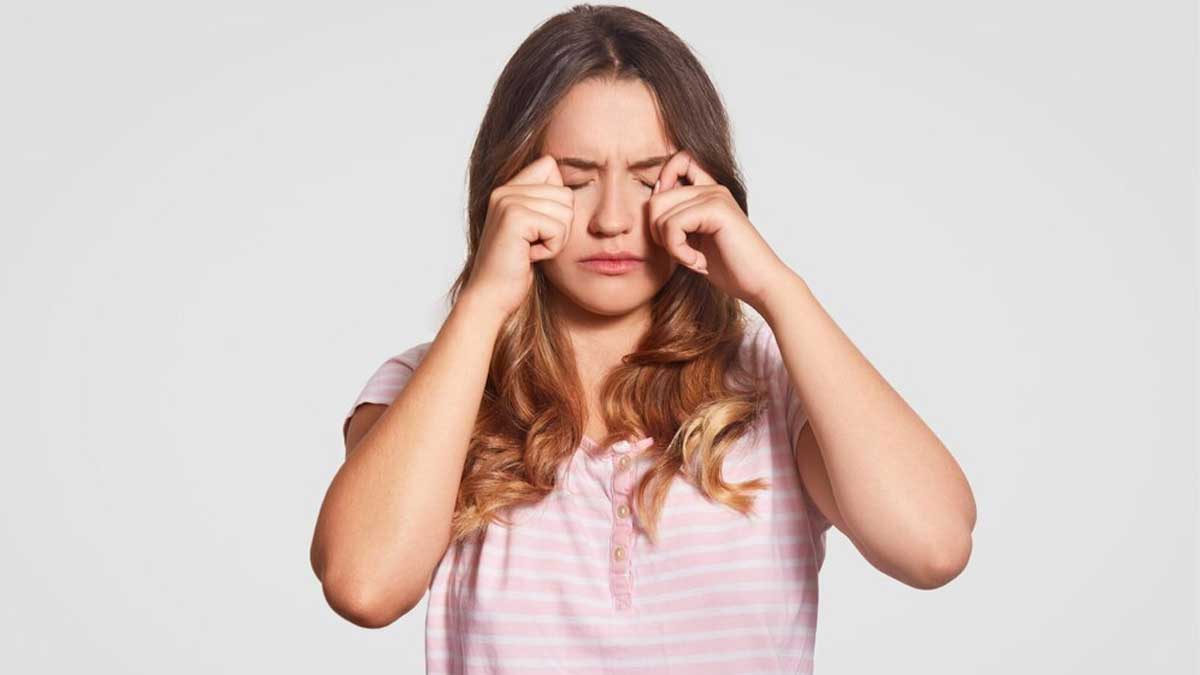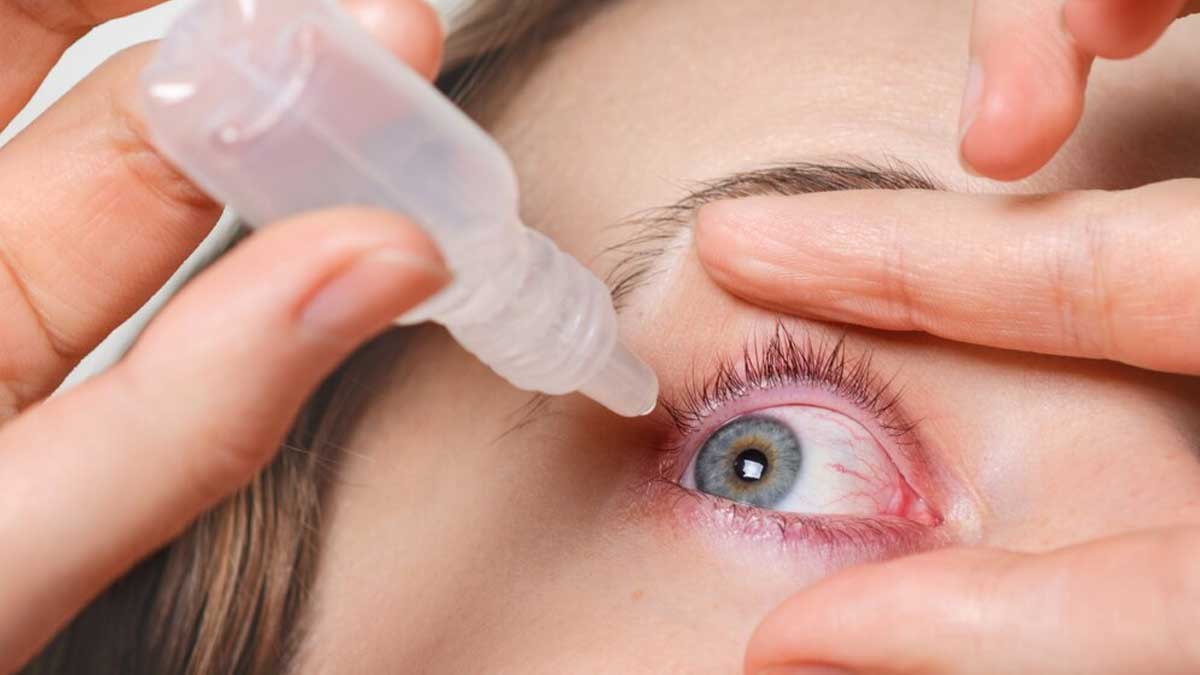
Pollution has become an ever-present concern, affecting not only the environment but also our health. While we are familiar with its impact on the air we breathe and the water we drink, many of us are unaware that pollution can also harm our eyes. Dry eyes, a common and uncomfortable condition, can be exacerbated by pollution.
Table of Content:-
The link between Pollution and Dry Eyes

According to the Journal of Clinical Medicine, the presence of air pollutants and varying weather conditions can undermine the integrity of the tear film and the overall well-being of the eye's surface. Furthermore, unfavourable environmental circumstances can stimulate the corneal nerves, resulting in the emergence of dry eye symptoms, which encompass feelings of dryness, discomfort, tenderness, and a burning sensation, among others.
Also Read: What Causes Dry Eyes In Winter & How Can You Prevent It
Pollution, whether it's in the form of air pollution, smog, or dust, can directly impact the health of our eyes. Here's how:
- Air Pollution: The microscopic particles and chemicals present in the air can irritate the delicate tissues of our eyes. Fine particulate matter, known as PM2.5, is especially harmful, as it can settle on the surface of the eye and contribute to dryness and discomfort.
- Allergens: Pollutants often carry allergens like pollen and mould spores. These allergens can trigger allergic reactions in the eyes, leading to redness, itchiness, and excessive tearing, which can ironically exacerbate dry eye symptoms.
- Indoor Pollution: Indoor air pollution can be just as damaging as outdoor pollution. Common indoor pollutants like cigarette smoke, household chemicals, and dust can irritate the eyes and contribute to dry eye symptoms.
Also Read: Dry Eye After LASIK Surgery? Expert Explains How To Manage The Condition
Preventing and Alleviating Dry Eyes in Polluted Environments
While we may not have full control over the quality of the air we breathe, there are several steps we can take to protect our eyes from the adverse effects of pollution and alleviate dry eye symptoms:

- Use Lubricating Eye Drops: Over-the-counter artificial tear drops can help moisten and lubricate your eyes. You can use preservative-free drops to avoid further irritation.
- Wear Sunglasses: Invest in high-quality sunglasses that provide 100% UV protection. They not only shield your eyes from harmful UV rays but also act as a barrier against airborne pollutants and allergens.
- Stay Hydrated: Proper hydration is essential for tear production. Drink an adequate amount of water throughout the day to support healthy tear formation.
- Blink Regularly: When working on a computer or staring at a screen, people tend to blink less frequently. Make a conscious effort to blink more often to spread a fresh layer of tears over your eyes.
- Use Humidifiers: In dry indoor environments, using a humidifier can help maintain an optimal level of humidity, preventing excessive evaporation of tears.
- Practice Good Eye Hygiene: Make sure to maintain proper eye hygiene to avoid further irritation. Wash your hands before touching your eyes and do not rub them. Keeping your eyelids clean can also help reduce the risk of infections that can exacerbate dry eye symptoms.
- Limit Exposure: On days with high pollution levels, try to minimise outdoor activities, especially during peak pollution hours. If you must go outside, wear protective gear like a hat and mask.
- Quit Smoking: If you smoke, consider quitting, as smoking not only contributes to indoor air pollution but can also worsen dry eye symptoms.
- Consult an Eye Specialist: If you experience persistent or severe dry eye symptoms, consult an eye specialist or optometrist. They can diagnose the underlying causes and recommend appropriate treatments, which may include prescription medications or procedures.
[Disclaimer: This article contains information for informational purposes only. Hence, we advise you to consult your expert if you face any complications.]
Also watch this video
How we keep this article up to date:
We work with experts and keep a close eye on the latest in health and wellness. Whenever there is a new research or helpful information, we update our articles with accurate and useful advice.
Current Version